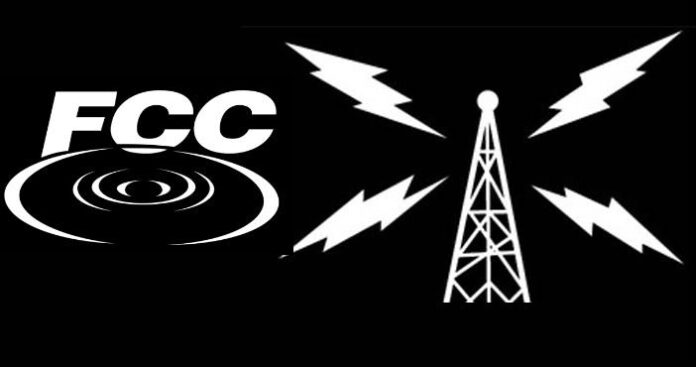Push for transparency or punishment for net neutrality?
WASHINGTON – Congressional Democrats and Republicans rolled out separate bills pushing reform of the Federal Communications Commission as part of the ongoing political fight over net neutrality.
Republican Chairman of the Subcommittee on Communications and Technology Rep. Greg Walden (Ore.) has led the charge for more transparency of the FCC’s innerworking along with greater congressional oversight. Last month Walden called for three GOP-backed bills that would have made the FCC more transparent and reduced the power of the commissioner and the commission as a whole to act as a “trifecta of transparency.”
“We believe the public deserves more access to the process,” Walden recently stated. “We believe the public is best served by an open, transparent and accountable government. And we will not stop in our cause and quest, even if that means taking on the entrenched and powerful. We have only just begun.”
“If the majority’s goal is reform, the minority is prepared to offer constructive reform, not political retribution for the FCC’s net neutrality rules,” countered Rep. Anne Eshoo of California, Walden’s Democratic counterpart on the subcommittee.
GOP-backed legislation wants to increase FCC transparency by “requiring the FCC to list the actions it takes at the staff level, publishing any finalized rules the day they are approved, or requiring the commission to publicly release draft rules three weeks ahead of a vote,” according to operative documents.
Eshoo and the Democrats have drafted legislation which would allow the FCC to keep its meetings private from the public so long as a few key provisions are met.
FCC Chairman Tom Wheeler is notably in favor of keeping the status quo, having previously compared the FCC internal deliberations to that of an appeals court.
Republicans are now pushing FCC reform as a key provision of the forthcoming Communications Act.
“Transparency at the FCC has been an area ripe for improvement for quite some time,” said House Energy and Commerce Committee Chairman Fred Upton (R-Mich.). “At issue is not the content of the commission’s actions, but the process by which their rules and orders are developed, considered and implemented. We should encourage more dialogue, not less – and that is what these draft bills will accomplish.”
Republican FCC Commissioner Michael O’Rielly noted that while the commission can make reforms of its own, “it would still be helpful for Congress to codify any changes into law.”

